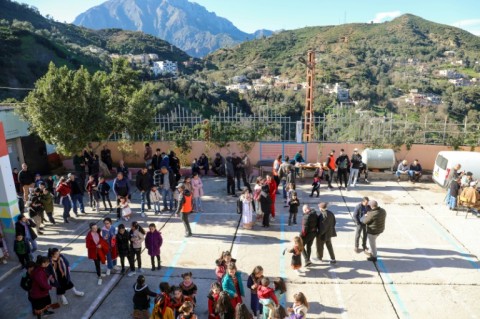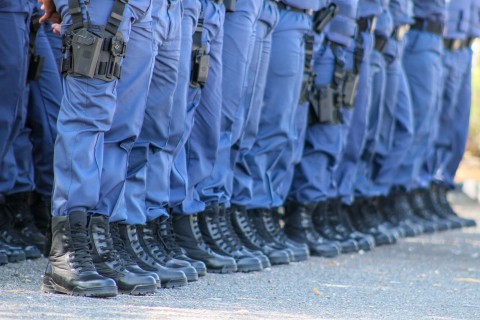It represents “an occasion for gathering, fraternity, and reconciliation between families” across Amazigh villages, said Baroudi, who teaches contemporary Algerian history.Different regions of the country use other names for the custom, he added.The merrymaking is also held to observe major Islamic events such as the fasting month of Ramadan, Prophet Mohammed’s birthday, and Ashura.It is often held in Zawiyas, small places for worship and religious teaching, usually where a local saint or holy figure lived and was buried.Baroudi said most of those sites are in mountainous regions, adding…
Centuries-old Algerian indigenous tradition champions sharing
Business






















